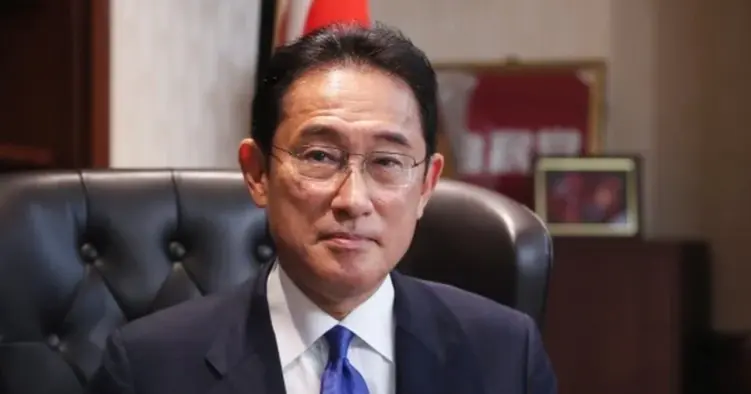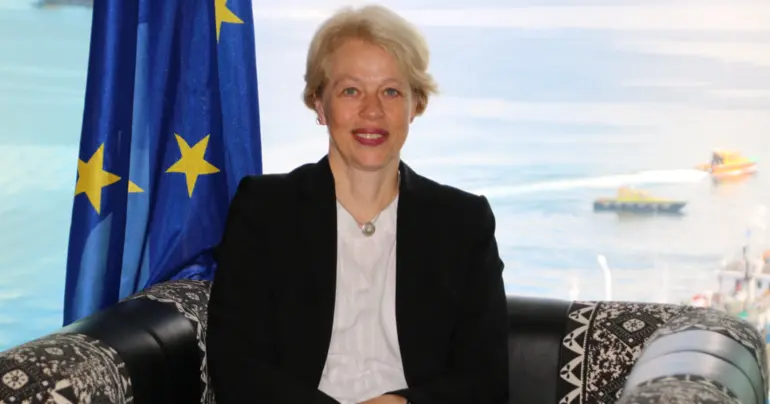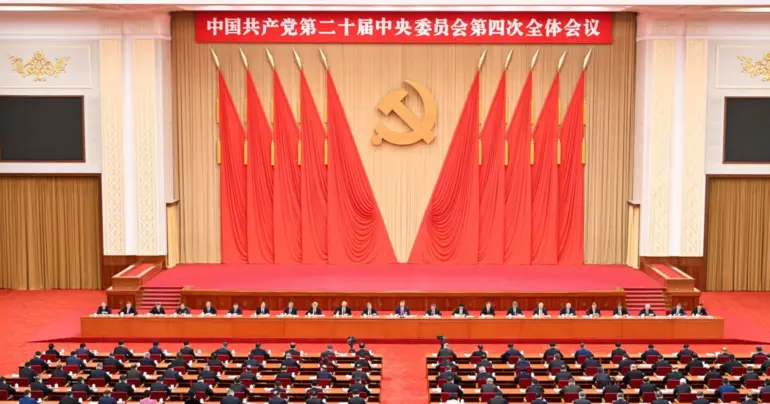154 years and Fiji's draconian media laws
Every year on September 4, we reflect on our journey.
This time there is an element of renewed enthusiasm following the repeal of the draconian media law that had ruled over our work since 2010.
Today we look back on a period in history when our work as journalists was greatly impacted by laws.
We look back at restrictions and the many challenges we were forced to work with.
We reflect on the fear, uncertainty, and the amount of second guessing that became part and parcel of our work.
The laws weren’t clear at all.
They stated we could not print or publish anything that was against the national interest; against the public interest; and anything that would bring about communal discord.
Imagine working with that as a guideline. With no clarity or explanation, how do you even determine what was against the national interest, or against public interest when our work revolved around that anyway?
Who then determined what was against the public interest or what was against the national interest?
In fact, the way it sat then, anything could be determined as being against the national interest or public interest, and someone just had to decide that, somewhere.
So, we worked daily with this in mind.
The penalties were excessive and were obviously designed to create a level of fear in newsrooms.
Part 4 of the so-called “Media Industry Development Act”, on ‘Content regulation’, had massive fines of up to $100,000 for media companies and possible jail terms for editors for breaches of the law.
For over 12 years we operated under a climate of uncertainty and did our best to work without fear which wasn’t easy.
There were moments of great uncertainty when arms of the State pushed us into a corner over the years and we remain thankful and grateful to our legal team for having our backs covered.
Nights were especially tough as our sub-editors had to go through content with a fine comb, ensuring everything was within the law and could get through scrutiny by those in power.
Amid all these measures, the news had to be disseminated. People had to be informed. That was important and difficult at times.
I am thankful and grateful for the legal team covering our backs even leading up to the last elections in 2022. They fought valiant battles behind the scenes. There was the very real possibility of me going to jail and the company copping a massive fine weeks away from the elections for a story that raised critical questions that someone obviously took offence to.
Today as I reflect on our journey, I am forever grateful to people like Richard Naidu, Jon Apted, Ronal Singh and Nick Barnes of Munro Leys (Nick has now left the firm) for the work they did and still do for us.
The laws were suppressive and allowed those in power to determine the narrative so to speak.
That was dangerous for our country.
Freedom of the press is important.
The media has an important role to play in the mechanics of a developing nation like ours and we welcome any plans to empower journalists to do their jobs without fear.
For 12 years, our journalists were ridiculed and sworn at by those in power. One was arrested five times and thrown into a police cell three times because orders came ‘from the top’.
We were attacked in Parliament, and over time, some Ministers were empowered by the actions of a few, and joined in.
As the scenarios change, we embrace newfound freedom. Work though must focus on our young journalists to empower them to ask tough questions and get out of the mode they were caged in by the years of suppression and fear.
That obviously will take time. But we live and we learn.
We are forever grateful to staff who stood by The Fiji Times, over the uncertainty, ridicule, fear, and very real threat to their lives. With no one they could turn to for assistance, they still reported to work, held up by the principles of journalism, and passion for the job, to ensure our people were informed.
They understood why "truth", "accuracy", and "objectivity" are cornerstones of journalism ethics and tried their best to do their work under trying times. We have lost many of our senior journalists who leave with their heads held high, for other pursuits, and new frontiers. Our youngsters are eager, enthusiastic, and determined to learn.
Today with a level playing field, there are major challenges for us as an organization.
But that is good for Fiji.
We are reminded that the story of The Fiji Times started on July 29, 1844.
A boy was born on this day in London and was to be the eldest of six children.
George Littleton Griffiths soon grew into a restless young man, eager to explore the world.
He left his homeland, and sailed off with his father to Port Chalmers in Dunedin, New Zealand where he worked as a compositor for Mills, Dick & Co.
That started a journey which would take him to a faraway land in the middle of the vast Pacific Ocean.
London and New Zealand were worlds away from the little sleepy town of Levuka where violence was a part of life.
He could have opted to stay back in either London or New Zealand. But no!
There were tales of business opportunities, and the onus was on those who could, to reach out and take them.
Mr Littleton Griffiths left Port Lyttelton in Christchurch, NZ, in early 1869, headed for Levuka, where he started our journey.
The journey of The Fiji Times began at a time when Fiji was struggling to realise its potential. There was room for the press.
We played an important role then, and we are proud to have been part of the process that saw our nation develop over the years.
We know there is a role that we must play to assist in moving our great country forward. We know there are questions that must be asked, no matter how sensitive they are. We know there are tough issues to discuss, and place in the public domain. We know we can never always be on the good side of many people. We accept that.
We have witnessed many changes, from positive developments over the years, to Independence, and on to the coups of 1987, 2000 and 2006.
We survived COVID-19 like everyone else.
We were not immune from its negative impact, and soon, we realised that life would never be the same again!
Today we continue to be the voice of thousands of people who trust the Fiji Times brand.
Questions must be asked, and responses expected. There has to be accountability, and on our part, our readers expect credibility and a trusted brand.
We value our place in society, and the role we know we can play to move our nation forward.
We will continue to strive for fair, balanced and credible news with emphasis on integrity.
We have watched our nation develop over more than a century.
We take great pride in doing what we do.
Our men and women carry a brand that believes in the ideals of good journalism. We continue to uphold the values espoused by Mr Littleton Griffiths.
We are now committed to making the transition to the digital platforms, finding value in carrying our trusted brand there.
Today we say thank you to our loyal readers for your continued support. You are the reason we are committed to do what we do, and we have great pleasure in serving you.
This is opinion by The Fiji Times Editor-in-Chief Fred Wesley who made the commentary as the newspaper celebrated its 154th birthday and marked itself as one of the oldest publications in the Pacific. The views expressed are his.










